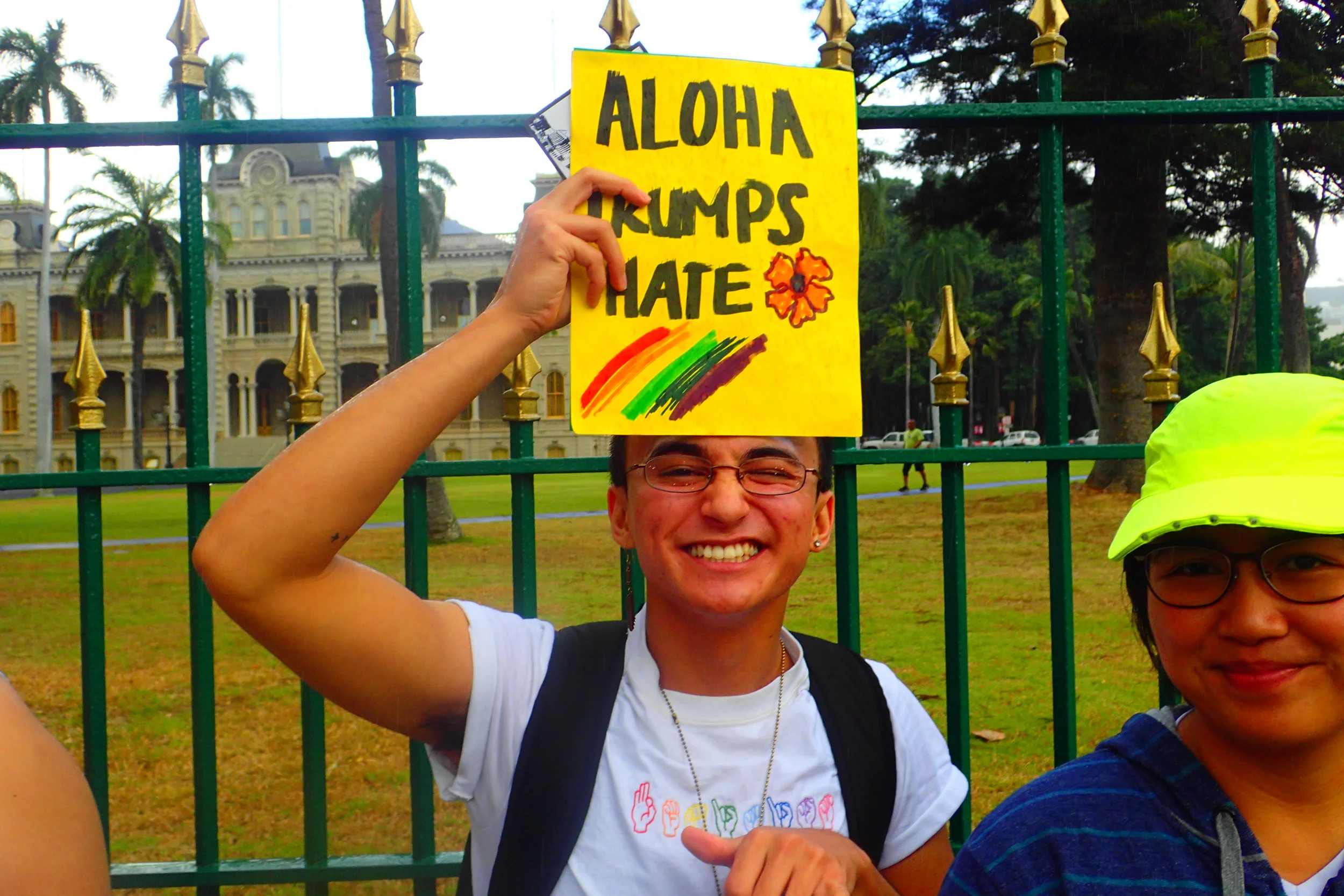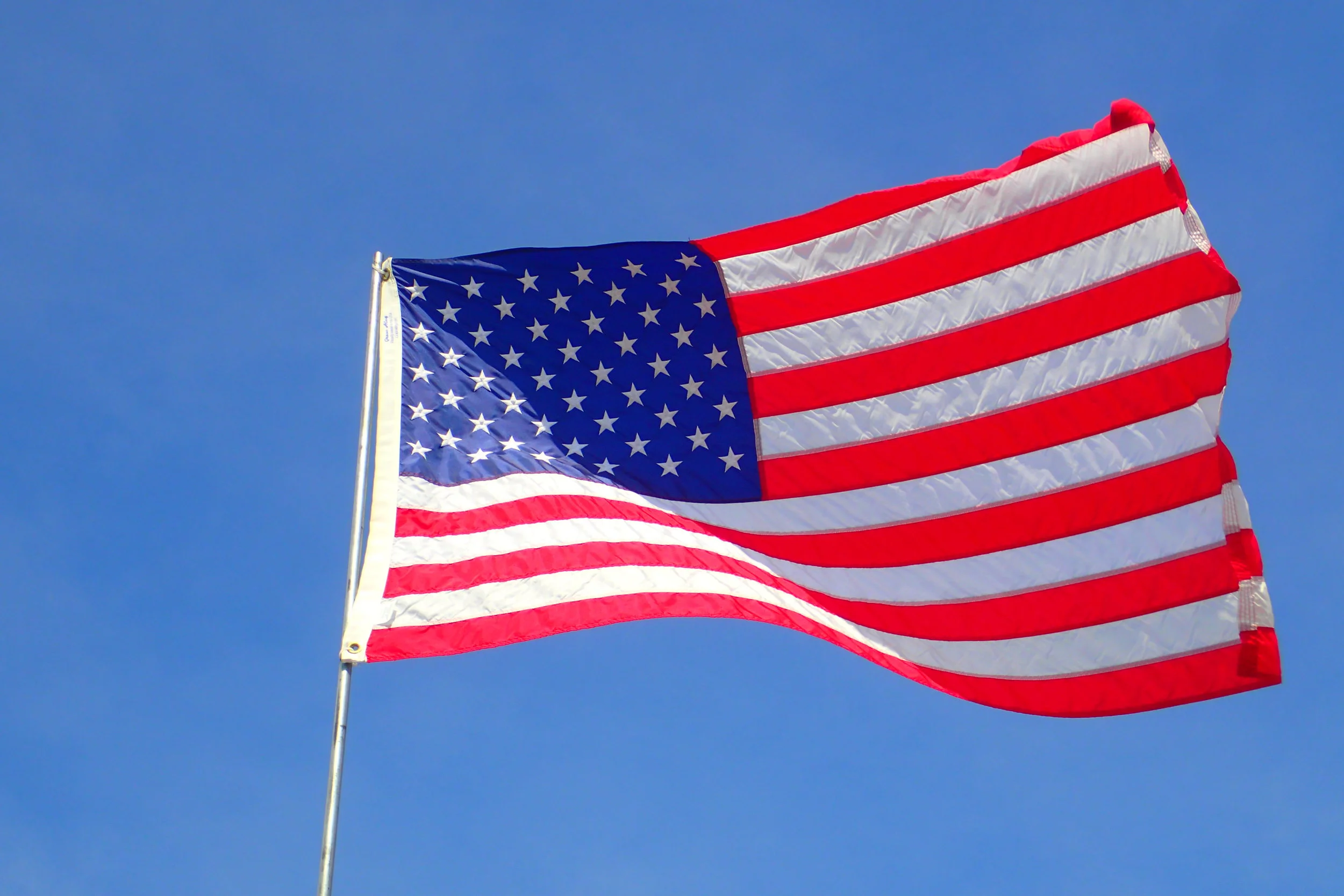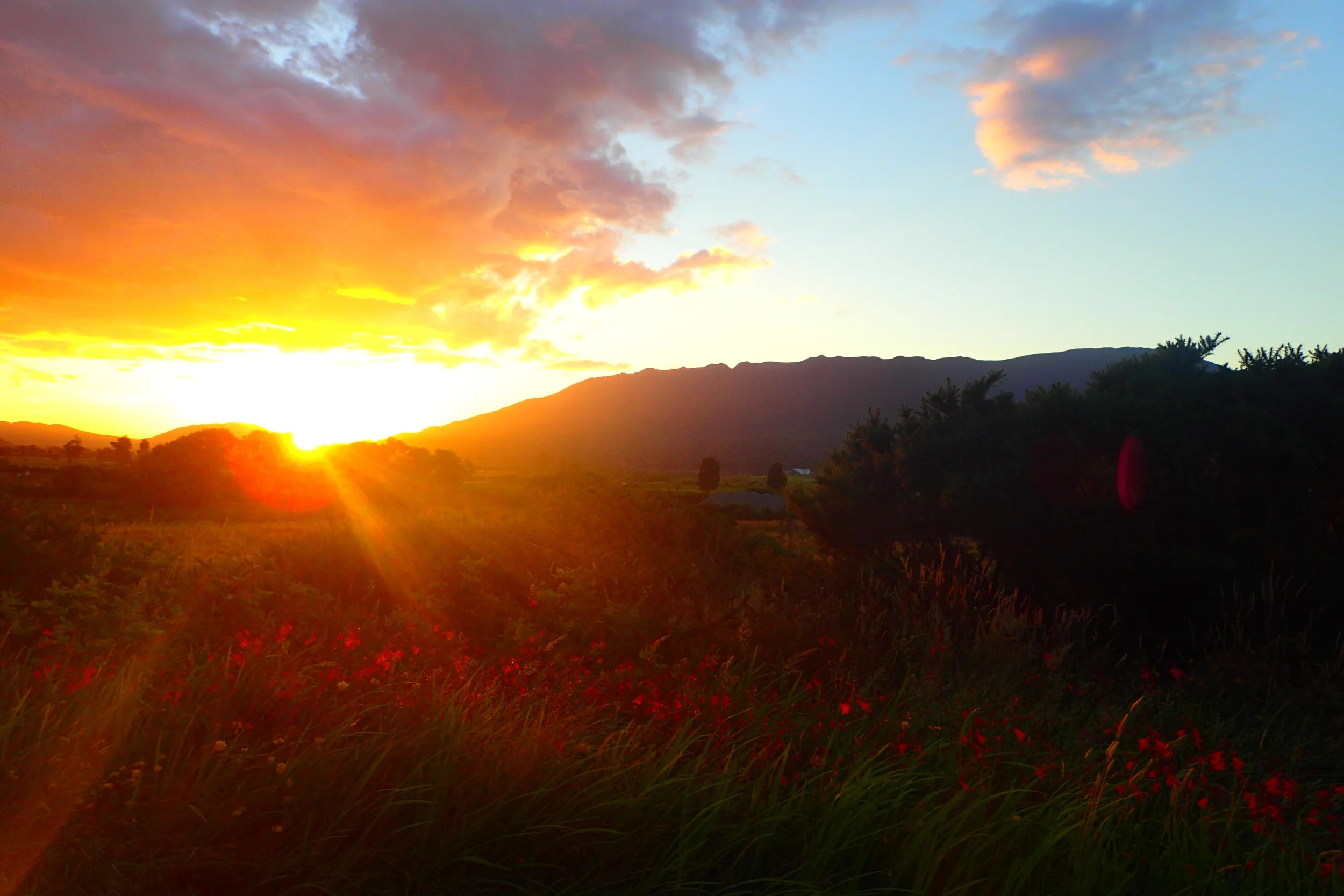I've decided to post something a little different this week in solidarity with the Black Lives Matter movement in the United States. It feels a bit tone deaf during this time to post about past travels of mine—a privilege I have as a white, middle class person.
Instead, I've decided to use this platform to raise awareness. I share some reflections on my observations of race globally, from Germany to South Africa. Mainly, I pause now to discuss anti-Blackness and racism. I also take this post to describe what you can do as an ally to racially marginalized groups within your own country, whether in the US or outside the US.
Why I'm Using This Platform
I talk about race occasionally on this blog but I've never devoted an entire post to it. It's long overdue.
I've had people I met in my travels from various countries reach out to me over the past few days. They have asked if I am okay and expressed sadness for what is happening in the US. They have said they can't believe what's happening here and have reflected on the deep corruption of the US police and government.
None of the people who have reached out to me are wrong in their feelings or observations. What they do not seem to understand or acknowledge, however, is that racism is everywhere. Yes, even in their own countries. It's just being highlighted (again) right now in the US and in a really big way.
Racism Around The World
Implicit to explicit forms of racism exist in every country I have visited.
I traveled to Berlin Germany where I encountered racism against the Turkish people in Germany. Turkish people were brought to Berlin to help with WWII. They stayed and mainly settled into the Kreuzberg neighborhood of Berlin. Germans didn't like that very much. They wanted them to go back to Turkey but the Turkish people had already built families and businesses in Germany and they found opportunity there. Racism against the Turkish people persists and their economic and social inequalities mirror aspects of the racism that Black people and communities of color experience in the US.
I traveled to New Zealand where I heard about and directly spoke to many indigenous Maori people. One of the common themes I heard were stereotypes that they were lazy, welfare opportunists, and drug addicts. These stereotypes stem from a history of colonization, fighting for equal recognition and opportunities via treaties, and continued racism that places Maori people in poorer neighborhoods and school systems with fewer and lower quality opportunities than white European kiwis.
I traveled to Namibia and South Africa where the effects of apartheid remain embedded everywhere. Apartheid was a system of racial segregation imposed by an all-white European Nationalist Party from the late 1940s to the early 1990s. Land was taken from Namibians and South Africans by white colonizers who exploited and took advantage of them during the era of apartheid. Neither land nor reparations have been returned to the families or descendants of the original landowners. I drove through backcountry Namibia, easily spotting white-owned farms with Namibians working the farms for low wages and living in dilapidated housing on a separated part of the property. It was all reminiscent of indentured servitude in the US post-civil war.
A quote about the apartheid era at the Freedom Park Heritage Site and Museum in Pretoria, South Africa
A sign from the apartheid era hanging at the Freedom Park Heritage Site and Museum in Pretoria, South Africa
These are just a few examples. But the point is—no country is without its history of racism. It's a history that continues today in those countries in ways that some may prefer to ignore.
Even knowing the history of slavery and discrimination in my Jewish heritage, my white skin still grants me incredible privilege that makes me benefit from ignoring anti-Blackness. It would be much easier for me to look at the other countries I've named above with a critical eye, wag a finger at them, and be done with it. But I can’t look away now. And I'm asking everyone to do the same—look at your own country and do something about what you see.
Actions To Take As An Ally
The Black Lives Matter movement is finally more visible than ever and I am making a point not to ignore it. I urge you not to ignore the signs of racism in your country, too.
I urge you—whether a US citizen or not—to take action. The following are some of the actions you can take. I recommend the first three for everyone and anyone. The remainder are up to you and the resources you have at your own disposal.
Me holding a sign reading “White Silence is Violence” at a Downtown Miami protest (May 31, 2020)
Do some research into the real histories and listen to the modern day experiences of indigenous people, people of color, immigrants, and refugees from their own perspective. Read their books. Listen to their podcasts. Follow their social media accounts. Watch the documentaries and movies they've produced. Take a look at the Tulsa Massacre for a specific example the historic erasure of anti-Black events in the US. Everyone needs to listen to the most marginalized peoples in your nation. What was it like for them growing up in their neighborhood, going to their school, finding a job, interacting with authority figures, or doing something as simple as going for a jog?
Acknowledge your implicit biases because we all have them. We all have within us a learned racism. Nobody escapes this and it operates at a level we don't even realize. This doesn't make you a bad person. It just makes you a person who has learned a bad thing. Now practice unlearning it! The first step is becoming aware of it. You may know Blackface is bad or not to use the N word. But what about those subtle biases that contribute to a culture of racism? Like, are you aware of when you tend to praise or promote certain people of color who are "so well-spoken?" Or are you aware of when you expect your one Black co-worker to speak for all Black people in your meeting? Note also that they are the only Black co-worker you have—why?
Note the intersections of identity and the unique experiences that come with being both Black and transgender or a refugee and queer. Acknowledge that many of the stories that get told are still stories of greater privilege. For example, most people were upset in the US about George Floyd last week while almost completely missing the police murder of Tony McDade, a black transgender man. Layers of lifelong marginalization as a transgender Black man put Tony at a unique and greater disadvantage and risk of death than cisgender Black men.
Me holding a sign for George Floyd and Tony McDade at a Downtown Miami protest (May 31, 2020; Photo by Jose Navarrete)
Amplify the voices of those that do not often get heard. Use your platform and place of privilege to get people's message out there. Forward their YouTube video. Share their podcast. Put their work on your book club's reading list. Be the reason their voices are heard by others and centralized where they otherwise would not be.
Donate to organizations and funds led by the people you want to support. Do your research on this first because there are inauthentic ones out there. Check their websites to ensure they are still accepting donations. For example, many people didn't realize this but the Minnesota Freedom Fund received so many donations in the wake of George Floyd's murder that they started asking donors to focus your funds elsewhere in recent days.
Sign petitions started by and written by the people you want to support. Look up the names of the individuals or groups who authored the petition. Ensure they represent the people the petition focuses on supporting. If you cannot verify, it likely isn't the best petition to support. Note that donations given after signing petitions on websites like Change.org will not go directly to the organizations who wrote those petitions.
Protest in the streets with the people you are fighting for leading the way. Do not form your own protest. Do your research to find out who organized a protest in your area and confirm it was organized by leaders in that movement who represent the people for whom that movement is about. Protest is a discipline and people spend their lives practicing it. Let them lead the way and follow their lead at every step. Check out this article for how to protest safely during COVID-19.
Black Lives Matter protest in Downtown Miami (May 31, 2020)
Black Lives Matter protest in Downtown Miami (May 31, 2020)
Contact your government representatives and demand justice, rights, reparations, or whatever it is that the people you support state they need. Go back to the research you did. What do those voices say they need? Restate their needs. Or, better yet, identify a script that has already been written for this purpose by people in the movement. Contacting (by phone, email, or social media) your government representatives is another very effective way you can use your own voice to amplify the voices of others.
Register to vote and vote for the people and policies that center the needs and demands of those you are supporting. In the US, states are responding differently to COVID-19 voting options. Check here for how your state is responding to COVID-19 for elections.
A Black male stands on his ATV in support of protesters as police in riot gear block the highway during a peaceful protest in Downtown Miami (May 31, 2020)
Ally Resource Guide For Black Lives
Instead of creating my own list, there is a great community-developed Ally Resource Guide (to share it, use: bit.ly/AllyGuideBLM) specifically for the Black Lives Matter movement.
This guide provides ways to donate, petitions to sign, representatives to contact, podcasts to listen to, links to other useful guides, and much more.
Seriously, it's an awesome resource. Do not pass this one up. Access it, bookmark it, and make your way through it.
People outside the US—it's worth a look for you, too! This movement can use all the support it can get from anyone who empathizes with the pain of marginalized groups.
In Conclusion
It's only a matter of time before non-US countries have their own race-based uprising. Pay attention and do something about it i your own country before you have to witness a cop kneeling on a another human being's neck to see it.
And to everyone in the US, join the movement now.






